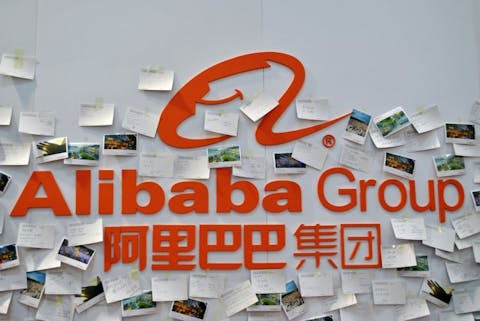Imitating hedge funds is a very useful approach that can help smaller investors identify stocks to buy. Hedge funds, as compared to other institutional investors, are more inclined to thoroughly research every stock they invest in and they allocate more resources and have better skills at picking stocks than retail investors. In the current market environment, it’s best to follow smaller funds. Because they have less capital and are usually younger than their larger and established peers, smaller hedge funds can navigate easier through changes, can adjust their strategies more efficiently, and can afford to take on more risk. One fund that we would like to talk about is Keywise Capital Management, led by Fang Zheng.
Mr. Zheng started his career working at the Ministry of Machinery and Electronics Industry and CITIC in China. Later he worked at Rockefeller & Co., Inc. in New York as an equity analyst. He later joined JP Morgan Emergy Market Equity Group, where he first was an equity research analyst and then became a vice president and portfolio manager. In 2002, Mr. Zheng co-founded Neon Liberty and served as portfolio manager and managing director. In 2006, Mr. Zheng founded Keywise Capital Management, a Hong Kong-based hedge fund that currently has over $2.30 billion in regulatory assets under management.
Keywise is one of over 600 hedge funds that we follow at Insider Monkey as part of our investment strategy. Through extensive research we discovered that following the most popular picks among a group of best-performing hedge funds can significantly beat the market over the long run. Our strategy identifies the best stock picks among 100 best-performing hedge funds at the end of each quarter. One of the main points of our strategy is that if several hedge funds invest in the same company independent of each other, then that company might have something going on for itself, so it has a greater chance of beating the market. This approach has proven successful, as our strategy has returned over 67% since May 2014, beating the S&P 500 ETF (SPY) by more than 20 percentage points. We share the stock picks from our strategy in quarterly newsletters that you can access for free for 14 days here.

Pieter Beens / Shutterstock.com
We assess the fund’s returns by calculating the weighted average performance of its holdings in companies worth over $1.0 billion. This approach allows us to identify the best-performing hedge funds solely based on their stock picks that they disclose in quarterly 13F filings and we can exclude investments that hedge funds are not required to report with the SEC. In this way, following Keywise is important because this fund has returned over 65% in the 12-month period ended March 31. During the first quarter alone, Keywise managed to return almost 16%.
According to its last quarterly 13F filing, Keywise Capital had a 13F portfolio valued at $252.74 million at the end of the fourth quarter. During the last three months of 2017, Mr. Zheng made some significant changes, particularly, closing seven positions and cutting its exposure to the majority of other investments. In this way, heading into 2018, Keywise had three major holdings: Alibaba Group Holding Ltd (NYSE:BABA), NVIDIA Corporation (NASDAQ:NVDA), and Baidu Inc (ADR) (NASDAQ:BIDU), which collectively amassed 55% of the equity portfolio value. Alibaba Group Holding Ltd (NYSE:BABA) and NVIDIA Corporation (NASDAQ:NVDA) both generated strong returns for Keywise, as the fund had held these companies since 2016. On the other hand, the stake in Baidu Inc (ADR) (NASDAQ:BIDU) was acquired during the October-December period.
With this in mind, let’s take a closer look at how Keywise’s top picks performed and what is the outlook for its potential next top plays.




